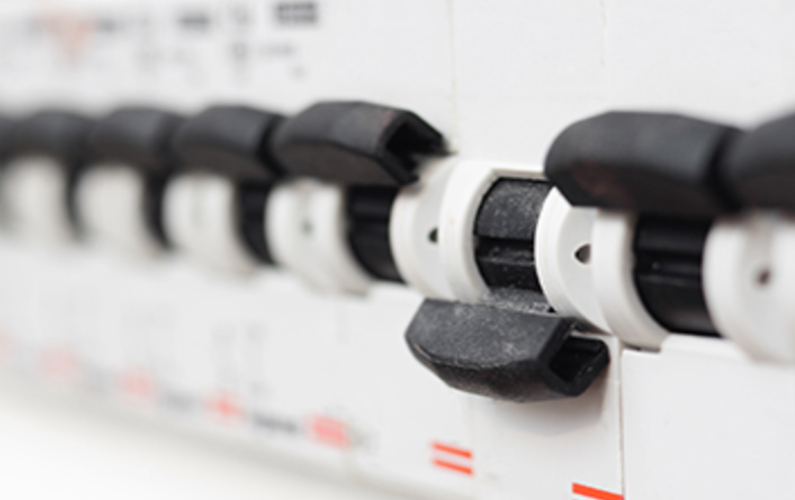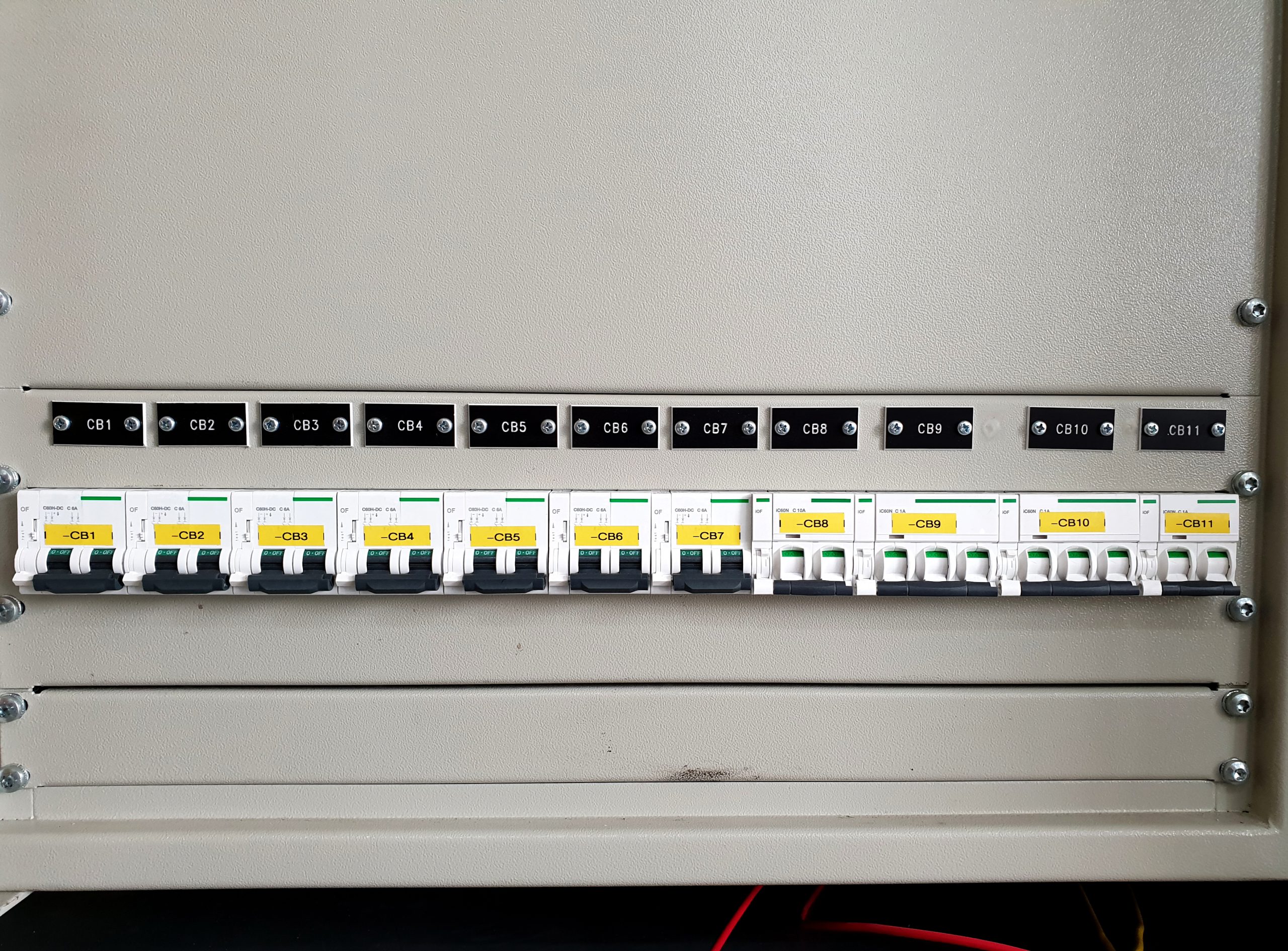Mechanical Timer vs Digital Timer
Table of Contents
ToggleEver wondered about the differences between those old-school timers with knobs and the sleek digital ones?
Mechanical timers, like the old knobs, use moving parts, while digital timers work with buttons and electronics.
Mechanical ones are big and basic, and digital ones are small and fancy. Mechanical timers need more care due to their moving bits, while digital ones need little to no care at all.
Depending on what you need, whether basic or a bit fancy, we’ll figure out which timer suits you best.
Let’s break it down in simple terms.
What is Mechanical Timers
Key Features
Mechanical timers, also known as analog timers, are simple devices used to control the power supply to electrical outlets and devices. Here are their key features:
- Manual Operation: They typically have a rotating dial or a set of pins to set the desired time.
- Durability: Made with sturdy materials, they can handle heavy-duty use.
- No Batteries Needed: Operate without batteries or external power sources.
- Simple Design: Basic and straightforward, often with just an on/off switch.
Advantages
- Cost-Effective: Generally cheaper than digital timers, with prices often starting under $10.
- User-Friendly: Easy to set up and use, making them ideal for those who prefer simplicity.
- Reliable: Less prone to electronic failures, they work consistently over time.
- Energy Savings: Help reduce energy consumption by turning off lights and appliances automatically.
Didadvantages
- Limited Precision: Not as precise as digital timers, with settings often limited to 15-minute intervals.
- Bulky Design: Larger and less aesthetically pleasing compared to sleek digital models.
- Manual Adjustment: Requires manual resetting for different schedules, which can be inconvenient.
- Noise: The ticking sound can be noticeable and bothersome to some users.
Mechanical timers are a practical choice for those seeking a simple and affordable solution for managing electrical outlets and devices. They are particularly useful for seasonal lighting like Christmas lights, small household appliances like coffee makers, and other basic applications.
What is Digital Timers
Key Features
Digital timers are sophisticated devices that use electronic components to control the power supply to electrical outlets and devices. Here are their key features:
- Precision Timing: Digital timers allow for precise control over the timing of devices, with the ability to set specific times down to the minute.
- Programmable Settings: They often come with multiple programmable settings, enabling users to schedule different on/off times throughout the day or week.
- LCD Display: Many digital timers feature an LCD display for easy programming and monitoring of settings.
- Battery Backup: Some models include a battery backup to retain settings during power outages.
Advantages
- High Precision: Provide accurate timing control, ideal for applications requiring exact start and stop times.
- Flexibility: Offer a wide range of programmable options, allowing for complex scheduling.
- Aesthetic Appeal: Sleek and modern design that fits well with home décor.
- Energy Efficiency: Help optimize energy consumption by ensuring devices only operate when needed.
Disadvantages
- Higher Cost: Generally more expensive than mechanical timers, with advanced features contributing to the price.
- Complexity: The multitude of features can be overwhelming for those who prefer simplicity.
- Dependence on Power: Require a power source or batteries to function, which may not be as convenient as mechanical options.
- Potential for Technical Issues: Electronic components can be prone to malfunctions or require updates.
Digital timers are ideal for users seeking precise control and advanced scheduling options for their electrical outlets and devices. They are particularly useful for managing household appliances, seasonal lighting, and other applications where timing precision is crucial
What Is The Difference Between A Mechanical Timer And A Digital Timer?
Mechanical timers and digital timers serve the purpose of controlling when electrical devices turn on and off, but they have distinct differences. Here’s a breakdown of their main variations in a table format:
| Feature | Mechanical Timer | Digital Timer |
|---|---|---|
| Functionality | Utilizes moving parts for timing and control | Uses electronic components for precise control |
| Size And Design | Larger, bulkier, often less aesthetically pleasing | Compact, sleek, and visually appealing |
| Ease Of Use | Simple operation with manual dials or pins | Offers advanced programming with digital interfaces |
| Maintenance | Requires regular maintenance due to mechanical parts | Low maintenance, with long-lasting electronic parts |
| Price | Generally more affordable and cost-effective | Higher cost due to advanced features and precision |
| Application | Ideal for basic, straightforward tasks | Suitable for complex tasks requiring precise scheduling |
This table provides a clear comparison of the differences between mechanical and digital timers, aiding in selecting the right timer for your specific needs.
Frequently Asked Questions (FAQ) about Mechanical and Digital Timers
How do mechanical timers work?
Mechanical timers operate through a rotating dial or set of pins that manually set the desired time, controlling electrical outlets without needing batteries.
Can mechanical timers go bad?
Yes, over time, the moving parts in mechanical timers can wear out, leading to decreased reliability and accuracy.
Are digital timers more accurate than mechanical timers?
Generally, digital timers are more accurate due to their electronic components, allowing for precise control over timing intervals.
What are the cons of digital timers?
Digital timers can be more expensive, complex, and reliant on a power source or batteries, which might not be as convenient as mechanical timers.
How do you set a plug-in mechanical timer?
Set the desired time by rotating the dial or adjusting the pins to match the specific on/off periods needed for your devices.
Which timer is better for energy consumption?
Both timers can help reduce energy consumption by automatically turning off devices, but digital timers offer more precise control and scheduling options.
What types of applications are best suited for mechanical timers?
Mechanical timers are ideal for basic tasks, such as controlling seasonal lighting like Christmas lights or small household appliances like coffee makers.
Can digital timers be used for home automation?
Yes, digital timers are well-suited for home automation, providing advanced scheduling and precise control over various electrical outlets and devices.
How do you program a digital light timer?
Programming a digital light timer typically involves setting the current time and desired on/off times using the digital interface, often guided by an LCD display.
Conclusion
In summary, mechanical timers are great for basic, affordable needs, while digital timers provide advanced features and convenience for intricate timing requirements. Consider the TOSUNlux timer switch for reliable and precise control, ideal for users seeking a balance between functionality and cost-effectiveness. The decision between the two depends on your application’s specifics and budget constraints.
Tel: +86-577-88671000
E-mail: ceo@tosun.com
Skype: tosunelectric
Wechat: +86-139 6881 9286
WhatsApp: +86-139 0587 7291
Address: Room No.1001 Wenzhou Fortune Center,Station Road, Wenzhou, China
REQUEST A QUOTE
WhatsApp us
 : +86-139 0587 7291
: +86-139 0587 7291 English
English Español
Español Русский
Русский Français
Français العربية
العربية Português do Brasil
Português do Brasil Українська
Українська Türkçe
Türkçe Polski
Polski Nederlands
Nederlands Italiano
Italiano Bahasa Indonesia
Bahasa Indonesia हिन्दी
हिन्दी اردو
اردو አማርኛ
አማርኛ Հայերեն
Հայերեն ไทย
ไทย Монгол
Монгол فارسی
فارسی Shqip
Shqip Ελληνικά
Ελληνικά




